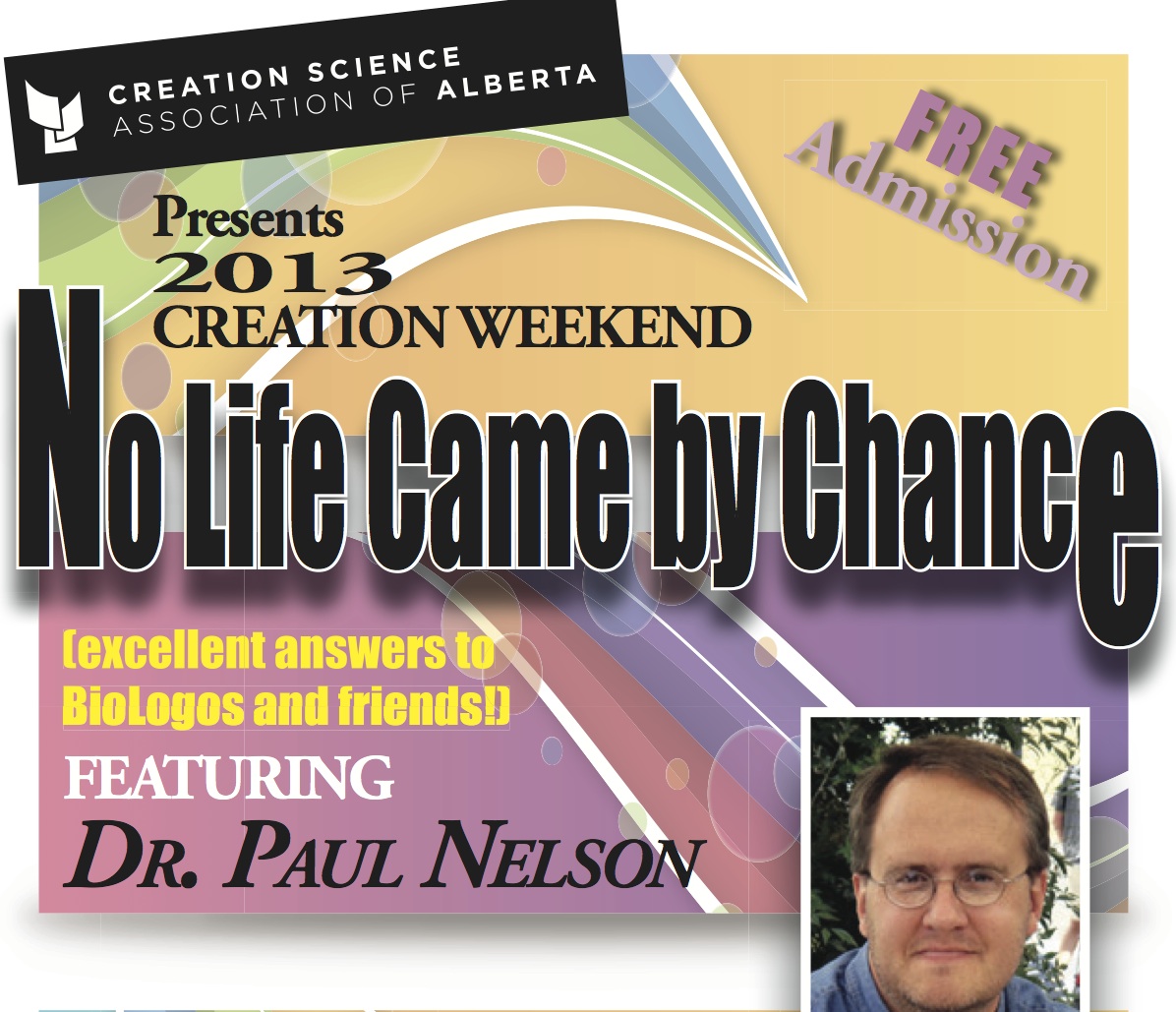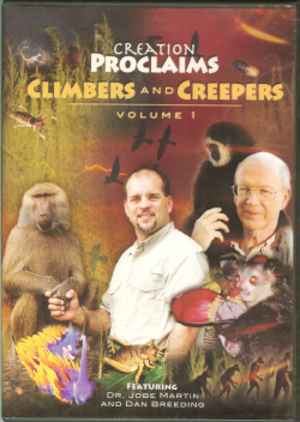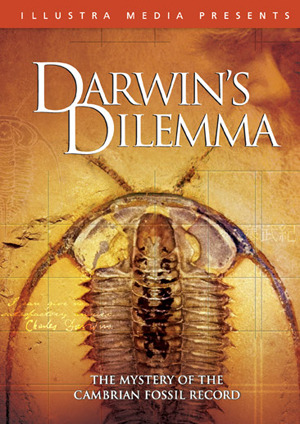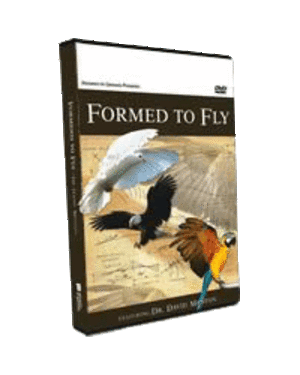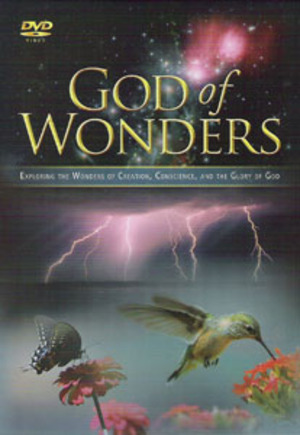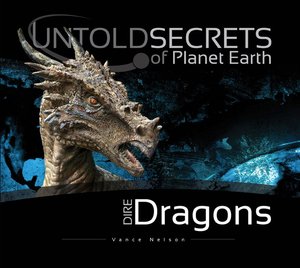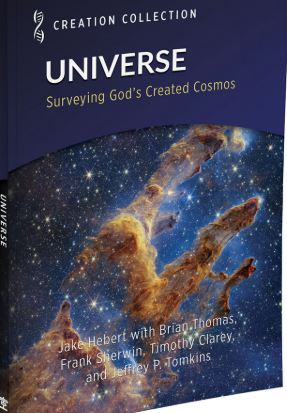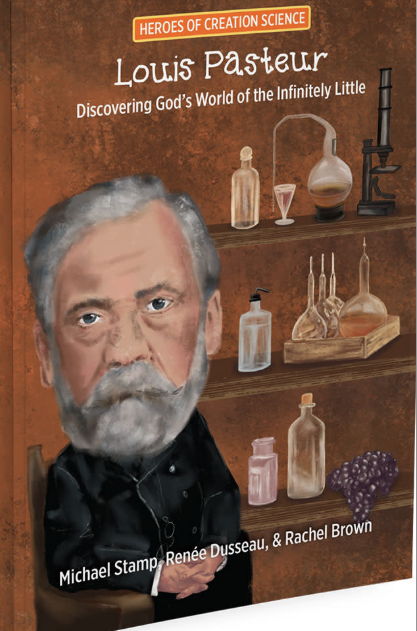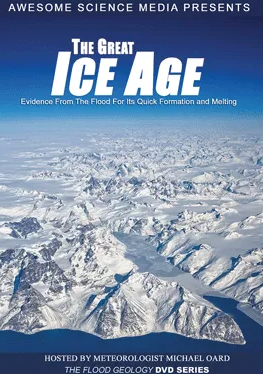Author Archive
It was in April 1953 that Frances Crick and James Watson published their proposed description of the DNA molecule. As they anticipated, biology was forever changed. Now biologists had a molecule which they could study, which stored hereditary information. The 1960s saw the emergence of the ‘standard model,’ which held that DNA codes for proteins which determine the characteristics of each creature. However on the occasion of the 60th anniversary, one commentator in the journal Nature declared: “We do not know what most of our DNA does, nor how, or to what extent it governs traits.” (496 #7446 p. 419). Read the rest of this entry »
The archer fish (Toxotidae jaculatrix, from ejaculator fish) –– named due to its expert archery skills–– is one of the most amazing types of fish known to humans (Smith, 1936). When first researched by scientists in the 1920s, researchers “could hardly believe their eyes” at its shooting ability (Pinney, 1977, p. 3). The existence of the fish was actually first reported by explorers in 1764, but scholars could not accept the reports of the existence of this amazing fish (Lüling, 1963, p. 100). Read the rest of this entry »
It was Rene Descartes (1596-1650) who famously said “Cogito ergo sum” or “I think, therefore I am.” Obviously thinking at that time was an activity held in high esteem. And we might suppose that thinking is a skill that we all appreciate today too. That however is not necessarily so. Consider for example the recent case of American philosopher of science Thomas Nagel. You might expect that thinking is what philosophers are paid to do. That is what Dr. Nagel thought too. Read the rest of this entry »
Creation Science Association of Alberta is delighted to announce that biologist and philosopher Dr. Paul Nelson has agreed to be our featured speaker for Creation Weekend, Friday evening and all day Saturday October 18 and 19, 2013. Dr. Nelson is a friendly and non-confrontational individual who makes the latest information in biology come alive in his lectures. He not only describes the issues, but he tells us what the significance of the material is.
Dr. Paul Nelson has long been involved in the creation/evolution controversy, in fact he grew up in that milieu. His grandfather, Byron C. Nelson (1893-1972) for example, was a theologian and author, influential as a mid-century critic of Darwinian evolution. His grandson Paul, already as a university student, began to write articles for the Bible-Science Newsletter (an early, well-known creationist publication). Read the rest of this entry »
Diatoms are a major group of plants which float in open water, and they are one of the most successful types of microscopic algae known. The estimated over 100,000 known species are found in the oceans, in freshwater, in soils and even on damp surfaces. Most diatoms are unicellular, although some can form colonies in the shape of long filaments or ribbons. As eukaryotes or cells with a nucleus, they have highly complex cells, comparable to other eukaryotes such as mammals and even humans (Philippe, et al., 1994, Journal of Evolutionary Biology 7: 247). Read the rest of this entry »
Have you ever noticed that everybody seems to place a high value on problem solving? I can well imagine one’s mother saying “This room is way too messy! How are you going to manage your clothes, toys, electronic gadgets (or whatever) so that this does not happen again?” She clearly expects you to come up with a plan and to follow it! Possibly you may come up with some way to organize your treasures in order to keep mum happy. Read the rest of this entry »
Perhaps one of the most famous books in the western world is Darwin’s Origin of Species, published in 1859. Most people with an interest in science, will remember that 2009, the one hundred fiftieth anniversary of the publication of this book, was marked by celebrations which were frequent and fervent. It seems fair to ask therefore precisely why this book merits such attention. Read the rest of this entry »
Dinosaur books are everywhere. There is no doubt about that. And you might well suppose that there is nothing new under the sun when it comes to discussions about dinosaurs. However Albertan Vance Nelson of Creation Truth Ministries has achieved the seemingly impossible. His argument about dinosaurs is new and fascinating. And the book is magnificent with beautiful illustrations from sites around the world. Also there are wonderful dinosaur reconstructions based on the latest scientific information. Read the rest of this entry »
DVD / $15.00 / 50 Minutes
Learn how God makes Himself known through the creatures He has made. Enjoy seeing and learning about the world’s greatest acrobat, the largest monkey, giants of the insect world, the rainbow of the sea and more. Great for the whole family!
DVD / $18.00 / 72 Minutes
A feast for the eyes and the mind! Even although the discussion concerning sudden appearance of many-celled animals in the fossil record, is couched in terms which the evolutionists prefer (long ages), the arguments for evolution still fail spectacularly. Perfect for senior high school students and interested adults.
DVD / $14.00 / 61 Minutes / featuring Dr. David Menton
Unlike the dinosaurs, from which birds are said to have evolved, birds are truly “formed to fly.” With scanning electron microscope Dr. Menton shows how different bird feathers are compared to reptile scales. There is no way the scales could have evolved by chance into feathers.
DVD / $15.00 / 85 Minutes
This is a breathtaking tour of God’s creation wonders, from the vastness of space to the intricate beauty of snow crystals, the complexity of DNA and the wonders of biology. Great for young and old alike!
Hardcover / $5.00 / 10 Pages / board book, full colour
This small board book, cut in the shape of children, features youngsters from around the world. Their message is that differences in appearance and language came about after Babel, and we really are all brothers and sisters.
Hardcover / $32.50 / 137 Pages / full colour
This deluxe new book features ancient artwork from around the world. The depictions of specific dinosaurs in these artifacts are significant because they suggest that the artists were familiar with such animals and were illustrating what they had observed.



